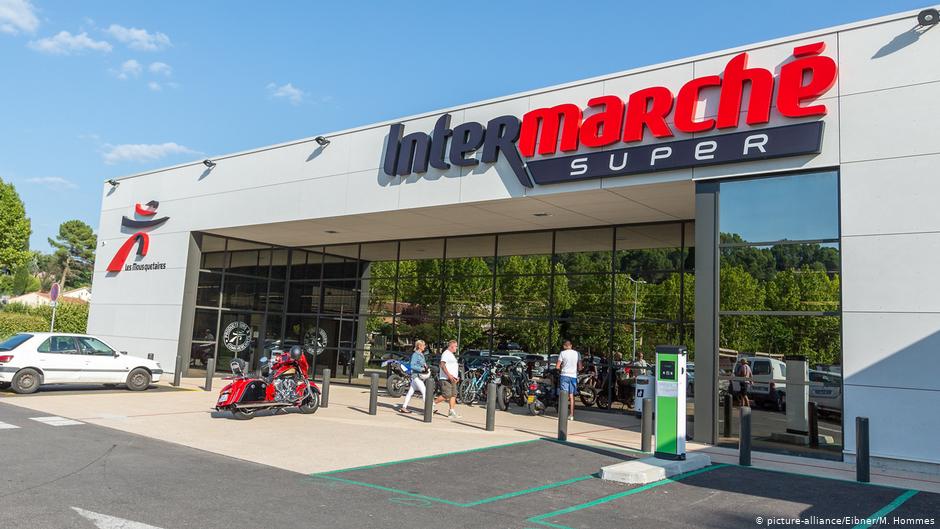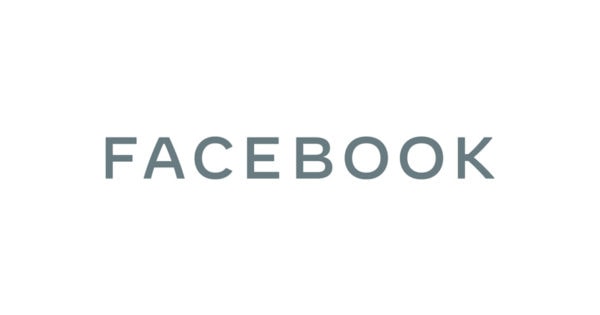 The EU is investigating whether two of France’s largest supermarket chains are breaking the bloc’s competition rules.The two companies could have breached the terms of a buying alliance they set up in 2014.
The EU is investigating whether two of France’s largest supermarket chains are breaking the bloc’s competition rules.The two companies could have breached the terms of a buying alliance they set up in 2014.
The European Commission launched formal investigation on Monday into whether two of France’s biggest supermarkets are in breach of European Union competition rules by colluding on sales activities.
The Commission wants to find out whether Casino and Intermarche (owned by Les Mousquetaires) engaged in “anticompetitive conduct” via a buying alliance they set up in 2014.
Specifically, the investigation will focus on whether the two supermarkets coordinated their activities on the development of their shop networks and their pricing policy for consumers.
Read more: France to tighten regulations after ‘Nutella frenzy’
Purchasing alliances are permitted by the EU if they are used for the joint procurement of branded products.The cooperation agreements are used to foster purchasing power, which can ultimately lead to lower prices or better quality products for consumers.
In this case, the EU is concerned that the alliance between Casino and Intermarche, the multiple contacts between retailers, has led them to collude on their retail sales activities.EU: the great antitrust busters Microsoft tread the Windows ledge
In 2004, the European Commission finished a five-year investigation into Microsoft and concluded that the US tech giant had exploited a monopoly on PC operating systems.The fine was €497 million ($579 million).
Within 90 days, Microsoft was obliged to offer a Windows product without its ‘Mediaplayer’ product.EU: the great antitrust busters Another blow for Bill and Co
In 2007, the European Commission went for Microsoft again, this time imposing a fine of €900 million.The reason was that they reckoned Microsoft had charged competitors unjustifably high license fees to avail of technical information.
This violated previously agreed EU requirements.EU: the great antitrust busters Intel Inside Job
In 2009, a record fine was issued with the breaking of the €1 billion barrier.This time, it was the chipmaker Intel, fined €1.06 billion in what was part of a near-decade long dispute over cartel activity.The EU said that Intel had abused its market position by obliging clients such as Saturn and Media Markt to sell PCs made with Intel chips.
EU: the great antitrust busters Just browsing, and just one browser…
In 2013, Microsoft had to dole out another €561 million to the EU.This time, the company was accused of failing to offer an adequate choice of browser to its customers, as it had promised it would a few years earlier.The Commission said that from May 2011 to July 2012, Microsoft had failed to do this.EU: the great antitrust busters To Infineon – €100 million – and beyond!
In 2014, the European Commission slapped a fine of €138 million on four different chip manufacturers, including the Munich-based company Infineon, which had to pay the vast majority of the total amount.Their sin was that between September 2003 and September 2005, they had engaged in price controlling activity with the likes of Philips and Samsung.EU: the great antitrust busters Ok Google, stop manipulating search results
In 2017, Google was ordered to pay a whopping €2.42 billion fine into the EU coffers, with the Commission accusing the search kingpin of manipulating online shopping searches, abusing its market position as a result.
The specific transgression was that Google had prioritised its own services’ price comparisons in search results ahead of its competitors.EU: the great antitrust busters Qualcomm eats the forbidden Apple
In 2017, Qualcomm, a chip supplier of US behemoth Apple, had to pay €997 million to the EU.The accusation was that the US company had been paying a fortune to Apple in order to thwart its own competitors.
It meant that Qualcomm had abused an already dominant position to exclude other LTE chipset makers from the market.
Read more: Facebook’s Libra cryptocurrency faces EU antitrust scrutiny
Joint-buying “can bring lower prices to consumers for food and personal care brands that they purchase on a daily basis,” said EU Commissioner Margrethe Vestager in a statement .“Such benefits can, however, disappear quickly if retailers use these alliances to collude on their sales activities.”
Read more: EU opens antitrust probe into Amazon over use of merchant data
The Commission conducted unannounced inspections of each supermarket in February 2017 and May 2019 as part of a preliminary inquiry into possible collusion through purchasing alliances.
There is no deadline for the completion of an antitrust investigation and their duration depends on factors such as the complexity of the case and whether the companies involved are cooperative.Watch video 11:20.
